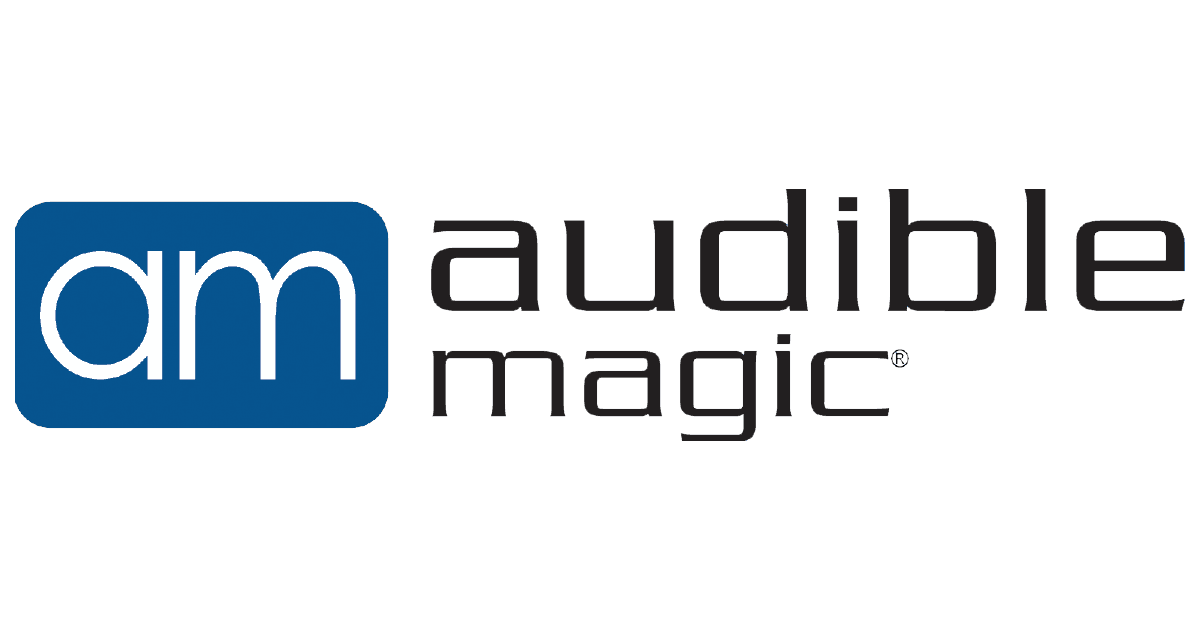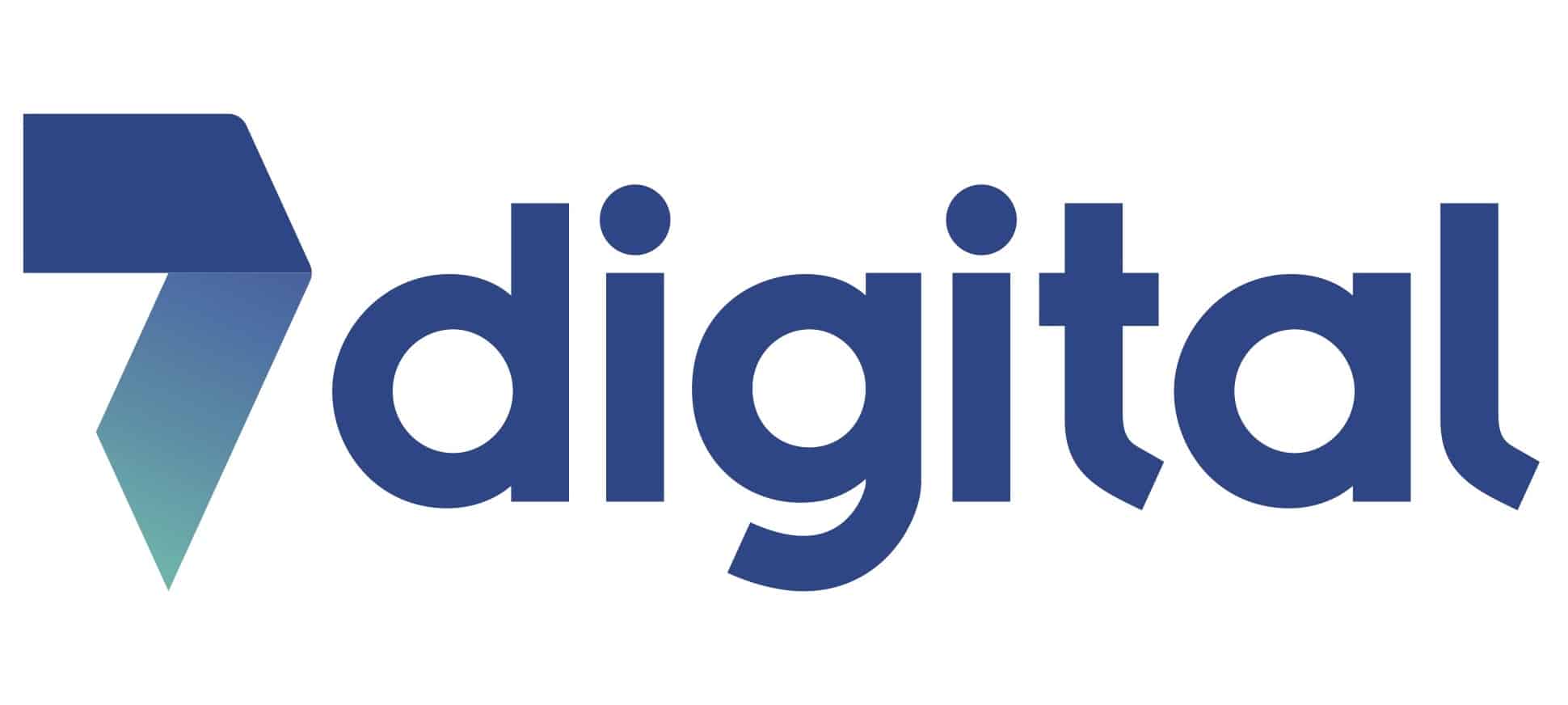We round up and analyse the top news stories of the last month in music royalties, including commentary from Synchtank CBO Chris Cass.
Big Tradr for Sync Songs
Chris’ take: Last month we plugged Synchtank client ClicknClear winning a prestigious industry award at NY:LON. This month we congratulate Big Sync Music, another of our customers, for something even more significant – a multi-million-dollar acquisition.
Big Sync provides, among many things, sonic identity consultation to some of the world’s most well-known brands. That itself should be no surprise, given Big Sync was co-founded with Unilever Ventures, the private equity arm of the company that owns Ben & Jerry’s, Pot Noodle and my personal favourite, Marmite.
Now “Europe’s 7th most valuable company” (that’s Unilever, not Big Sync) venture capital vehicle has manoeuvred itself into Songtradr, following a transaction which caught much of the industry aghast.
Paul Wiltshire’s Songtradr offers creators and buyers a marketplace for fully-automated licensing of music for sync. In doing so, it claims to generate data that can help guide the licensing decision-making process. The Big Sync acquisition is not only a recruitment message paving a route to market for Songtradr’s community, it also compliments their newly established distribution proposition.
Big Sync, with their hubs in Asia, Europe and the US, provides Songtradr’s creators multiple sales channels into disparate markets and in return can tap into a global pool of fully-cleared and indemnified catalog – backed up with accompanying Songtradr analytics – to help determine music that connects emotionally with any given brand’s intended audience.
Of course, data can never fully replace the human-touch, so Big Sync will continue to add consultative value while continuing to play the role of neutral broker by taking zero commission from sync fees. Should their clients possess significant budget, Big Sync’s existing rights holder partners will obviously remain a strong option.
Synchtank has been working with Dominic Caisley and the Big Sync crew for a little while now. In fact, we’re more or less neighbors, given the proximity of our respective London headquarters. The acquisition illustrates the new ecosystems that are becoming synonymous with the 21st century music business, with the pigeonholing of players such as Big Sync and Songtradr, Ad Rev and CD Baby, Exactuals and RAI becoming far less obvious than a cursory glance would suggest.
When any port in any storm just won’t do
Chris’ take: You’d have to be living at the bottom of the sea and becoming close personal friends with the fish and crustaceans if you had missed the safe harbor debates raging above, not least in Europe with Article 13 and all the “Will they, Won’t they?” red herrings and “If ‘they’ do, what language will be used?” tempestuously being argued back and forth by countless organizations, some proudly flying the skull and crossbones, each with their own special sets of acronyms and interest groups.
Of course, fundamental to the whole concept is how to police user-generated uploads and ensure copyright infringement is being properly detected. Such needs mean good news to all those companies specializing in areas of audio fingerprinting and content identification, so its pertinent timing for Audible Magic to announce its ‘partnering’ with Sony’s The Orchard, although the press release jointly issued by both parties on 26thFebruary 2019, is not 100% clear on what the actual “news” is here.
What is beyond doubt though is Audible Magic has announced 2 new solutions and The Orchard are ‘recognizing’ them. They’re called Rights Audit, which simplifies “the determination of a conflict” of a recording or clip of a track that’s been registered by more than one rights owner in the same territory, and Rights Rx, which is an entry-level version of said premium service.
Audible Magic first started dealing with content identification conflicts about two decades ago and most notably had the fledgling SoundCloud as their flagship client for many years. Their tech has presumably advanced sufficiently as its been adopted since by Daily Motion, Twitch, Vimeo and of course Facebook. Other third-party content ID systems abound, but Vance Ikezoye’s software and services company seems to be keeping the pace.
This has probably something to do with Audible Magic having been built with compliance use cases at the forefront of their development from the get-go. Those content ID and metadata companies that originated to improve the user’s entertainment experience, and are now veering sharply into forensics to compete in the lucrative rights management space, seem to be faring less well.
Juke it out
- https://musically.com/2019/03/04/7digital-reaches-e4m-settlement-over-juke-music-service/
- https://www.digitalmusicnews.com/2019/03/04/juke-settles-with-7digital-for-4-5-million-putting-an-end-to-their-partnership/
Chris’ take: Back in the June 2014, when 7digital Group Plc was admitted to the London Stock Exchange, it was trading at 33p a share. Fast forward 4.5 years and each share is worth just over a penny. Quite a fall for Europe’s last remaining (unless you count Hamburg’s Mondia Media) B2B music service provider, albeit the dot.com boom was a long, long time ago.
Nonetheless, the share price decline accelerated despite the acquisitions 7digital made to deliberately consolidate their closest geographical competitors. This included purchasing France’s B2B provider Snowite in January 2016 and Denmark’s pan-European B2B provider, 24-7 Entertainment, just 18 months later.
It was the strings attached to the latter transaction that has been making the news most recently though, given 24-7 was a subsidiary of Germany’s MediaMarktSaturn (MMS), who in turn became 7digital’s largest shareholder. The idea was for 7digital, having “fully integrated” with 24-7, to future-serve MMS’s Juke, a music streaming and radio service set up as a digital blockade to Amazon Prime’s encroachments into MMS’s mainland Europe business, and which was previously powered by 24-7.
There are plenty of non-recoupable set up fees in providing the picks and shovels for those who feel having their own music service is the way to go, but for this to be meaningful in the long-term it requires enormous scale. So it all made sense, assuming there was a market for Juke alongside not only Amazon Prime, but also Apple, Deezer, Google Play, Spotify, TIDAL et al. That, somewhat inevitably, turned out to be a big assumption.
Things came off the rails slightly (note purposeful British understatement) when in January 2019, following senior management changes at MMS, the AIM-listed 7digital was told MMS “may wish to change the current arrangements”. Cue much exclamation and calamity overshadowed only by HMV, that other – albeit greater known – British music bastion’s own collapse into administration around the same time.
But just as with HMV, it seems that with typical bulldog grit 7digital continues to fight another day, with CEO Simon Cole announcing to the stock market on 4thMarch 2019 with much relief that “7digital had accepted settlement of, and release from, all outstanding contracts and commitments relating to the Juke music service for an immediate payment by Juke of €4,000,000. The immediate injection of cash will allow us to restructure our overhead base and reposition our company for continued growth”.
Just where that growth will come from is an open question. 7digital’s competition, now that they have absorbed their perceived European threats, would seem to be in the US, where Napster’s move into the B2B space a year ago, and the announcement they actually were the first to make a profit by doing so (though RealNetworks’ involvement makes that statement more than a little opaque) must have raised a few eyebrows in the boardrooms of East London.
7digital’s plan to be a music service provider to those brands convinced of needing their own audio service (so as to not walk their customers into the established players environments – the automotive industry is often wheeled out as an example) doesn’t have obvious precedence. No consumer electronics manufacturer, who by the way have plenty of TVs marched out of retail outlets, has successfully launched their own VOD service, for example. The play there is to have users opt in to the terms and conditions as they set up their smart devices so their viewing habits can be harvested, thus subsidizing 4K sets and keep them at remarkably low prices. Video fingerprinting technology, and the data this can provide, lessens the manufacturers concerns that consumers will use third-party TV entertainment, be it linear or on-demand.
With a few exceptions, attempts by handset manufacturers and telcos to launch their own music services have been disastrous, and pretty spectacularly so in the cases of Nokia and Vodafone. What do such companies do now? They typically partner with established music services and bundle them in to reduce churn and piggy back off each other’s marketing. In the case of Apple, who have their own hardware, they bundle the hardware and services with a willing telco (e.g. Verizon) and even provide their branded services to Samsung. Elsewhere, Microsoft’s Xbox Live is likely to appear on Nintendo’s Switch. These are all big established brands finding ways to co-operate.
Then there is SOCAN’s MusicNet, which combined with its Audiam acquisition offers, in theory at least, a one-stop clearance house for Masters and Works. The Blackstone Group’s SESAC, with its Harry Fox Agency and Rumblefish, also presents something not too dissimilar. All are helpful building blocks when the global shift is to make licensing simpler and more transparent.
Some believe it would be far easier for 7digital to simply broker music licensing and act as a clearance house for Master rights specifically, rather than deliver the actual music and metadata to end users. Who knows, following Juke and previous experiments with Blackberry and Samsung, maybe a collaboration with a collective management organization is on the horizon?
More interesting headlines from February 2019:
- CISAC to carry out major upgrade to international musical work identifier system
– https://www.musicbusinessworldwide.com/cisac-to-carry-out-major-upgrade-to-international-musical-work-identifier-system/ - Copyright Royalty Board finalizes its rate determination to publishers: will digital services appeal?
– https://www.musicbusinessworldwide.com/a-44-streaming-royalty-rise-is-now-locked-in-for-us-songwriters-so-long-as-the-likes-of-spotify-dont-declare-war/
– https://www.billboard.com/articles/business/8496646/copyright-office-payout-rate-publishers-appeal-digital-services - Battle over US radio royalties gets underway (again)
– https://musically.com/2019/02/25/battle-over-us-radio-royalties-gets-underway-again/
– https://www.billboard.com/articles/business/radio/8500008/local-radio-freedom-act-richard-james-burgess-guest-column - Songwriter royalties up in Canada, new service launched to help publishers & songwriters search for unclaimed works
– https://www.digitalmusicnews.com/2019/02/22/socan-2018-preliminary-financials/
– https://www.billboard.com/articles/business/8500116/cmrra-unclaimed-works-portal-canadian-publishers-songwriters - EU Copyright Directive update: music bodies happy, crunch time will come end of March
– https://www.musicbusinessworldwide.com/impala-impf-gesac-and-others-urge-european-policymakers-to-adopt-copyright-directive-into-law-but-ifpi-stays-quiet/
– https://musically.com/2019/02/27/article-13s-final-push-will-come-at-the-end-of-march/ - Spotify and Warner’s ugly fall out over launch in India
– https://www.musicbusinessworldwide.com/search/india
– https://musically.com/?s=india - Streaming revenue is soaring, but is it enough?
– https://www.rollingstone.com/music/music-news/musics-big-three-labels-19-million-a-day-from-streaming-798749/
– https://www.billboard.com/articles/business/8500502/riaa-us-music-industry-2018-revenue-streaming-cds-vinyl-digital-growth
– https://www.forbes.com/sites/bobbyowsinski/2019/02/23/streaming-physical-product-revenue - US could overhaul its music-licensing rules for publishing, BMI & ASCAP respond in joint statement
– https://musically.com/2019/02/27/us-could-overhaul-its-music-licensing-rules-for-publishing/
– https://www.musicbusinessworldwide.com/bmi-and-ascap-issue-open-letter-on-consent-decree-reform/
– http://hitsdailydouble.com/news&id=315477 - UMG’s valuation keeps skyrocketing as the sale of up to 50% of the company gathers pace
– https://www.rollingstone.com/music/music-features/universal-music-100-billion-is-at-stake-790966/
– https://www.musicbusinessworldwide.com/universal-just-had-the-best-year-for-any-music-company-ever/
– https://variety.com/2019/biz/news/liberty-media-kkr-tencent-mulling-22-billion-plus-bids-for-universal-music-group-1203151417/


